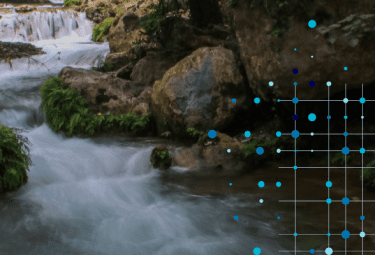Join us at the 2026 January ESIP Meeting! Register.
ESIP News & Blog
Interested in collaborating? Get involved with ESIP
We welcome participation from individuals and organizations across disciplines and domains. If you're working with Earth science data, join your peers and colleagues at ESIP.







